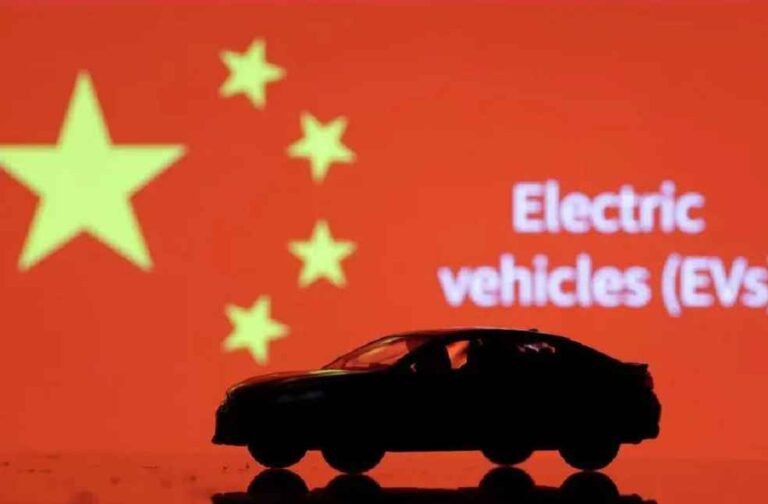China has escalated its trade conflict with the European Union by filing a formal complaint with the World Trade Organisation (WTO) over newly imposed EV tariffs on Chinease electric vehicles. The Chinese government’s move signals a challenge to EU measures that could reshape global trade in the rapidly growing green technology sector.
The complaint, lodged by China’s Commerce Ministry, accuses the EU of violating WTO regulations through provisional tariffs ranging from 17.4% to 37.6%, which come on top of an existing 10% duty on Chinese auto imports. According to Beijing, these actions undermine international cooperation on climate goals and threaten the growth of the electric vehicle industry, which is central to global efforts in reducing carbon emissions.

European authorities argue that Chinese automakers benefit from substantial government subsidies, enabling them to undercut prices in international markets. The Chinese government disputes this, asserting that its support for the EV sector complies fully with WTO rules and accusing the EU of basing its tariffs on flawed legal reasoning.
Both sides face a crucial deadline in early November to resolve the dispute before these provisional tariffs become permanent for the next five years. The European Commission, while acknowledging the complaint, has stated that it will follow WTO procedures as it examines China’s claims.
The implications of this trade dispute extend beyond tariffs. China’s auto exports saw a significant rise in July, contrasting with a decline in domestic sales, underscoring the importance of international markets for Chinese manufacturers. Within the EU, there are concerns that these tariffs could slow Europe’s green transition by raising costs and affecting job creation in emerging technology sectors.

Tensions have already spilled over into other industries. In apparent retaliation, China has launched investigations into imports of French cognac and European pork, raising the specter of a broader trade war. German officials, wary of the potential fallout, are particularly concerned given the deep ties between Germany’s automobile industry and the Chinese market.
A recent advisory poll among EU member states revealed broad support for the tariffs against Chinese EVs. EU Trade Commissioner Valdis Dombrovskis recently indicated that the import fees are likely to be confirmed, further entrenching the divide between the two economic giants.
TRADE TECH | AliExpress Enters Ethiopia: A Game-Changer for E-commerce



